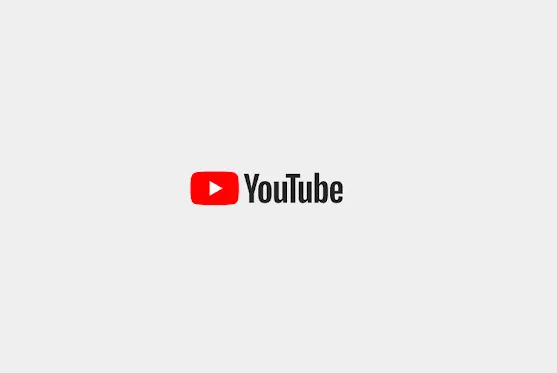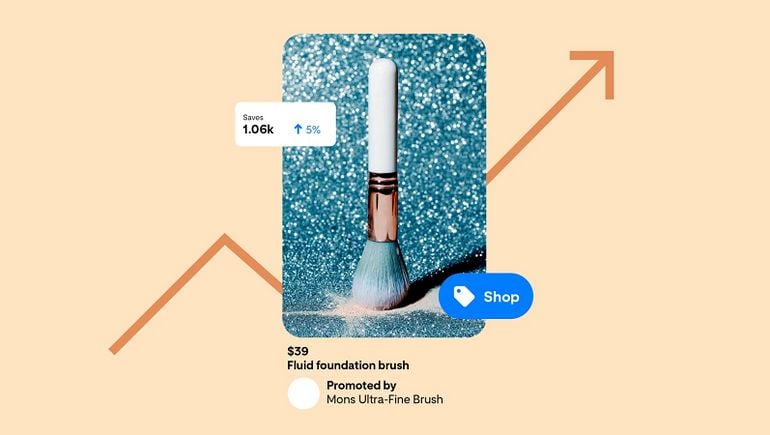Fear of political backlash has prompted another platform to ease its content moderation guidelines, with The New York Times reporting that YouTube has scaled back its content restrictions, in an attempt to better align with the Trump Administration.
According to NYT, YouTube has informed its moderators to lean into “freedom of expression” when enforcing its content rules, as opposed to implementing restrictions as they would have in the past.
As per NYT:
“For videos considered to be in the public interest, YouTube raised the threshold for the amount of offending content permitted to half a video, from a quarter of a video. The platform also encouraged moderators to leave up [videos relating to] City Council meetings, campaign rallies and political conversations.”
Ostensibly, this facilitates an environment of broader political expression, with the results of the 2024 U.S. election showing that more Americans are open to broader debate on certain subjects.
But it may also allow for expanded distribution of misinformation, with “freedom of expression” often associated with counter-science, counter-factual perspectives, which can be amplified by social media algorithms.
So why would YouTube allow this?
Well, as with Meta, YouTube is aware of potential political repercussions if it fails to align with the Trump Administration’s view on what should and should not be allowed to be shared.
Trump himself often shares conspiracy theories and misinformation, based on things that he’s heard and read, many of which are easily debunked by basic research.
But in some instances, users clearly believe that social platforms are working to align with political agendas, in shutting down certain discussion points, which they believe impinge on their freedom of speech.
The COVID pandemic exacerbated this, with many people criticizing the government-led censorship of alternative options for COVID care. Some of those alternatives have since proven to have been somewhat effective, which has reinforced criticism of the initial anti-vax approach, but in the vast majority of cases, the initial advice from government and health authorities was accurate, and was designed to help us get out of a devastating pandemic.
In retrospect, with more time, some of this is now viewed as over-censorship, and it’s that specifically which has sparked a new anti-government, anti-science, “do your own research” movement, sowing distrust in mainstream media and official information outlets.
Which now includes social platforms, and it seems that both Meta and YouTube are looking to reflect that sense among the general population, by aligning with the public interest.
Is that a risk?
Yep, definitely, as it will allow for more questionable information to gain traction in these multi-billion-user apps. But this is the information environment of right now, based on the actions of the voting public.
And as such, YouTube is trying to work with the Trump Administration to align with what it feels is best for the American public.














